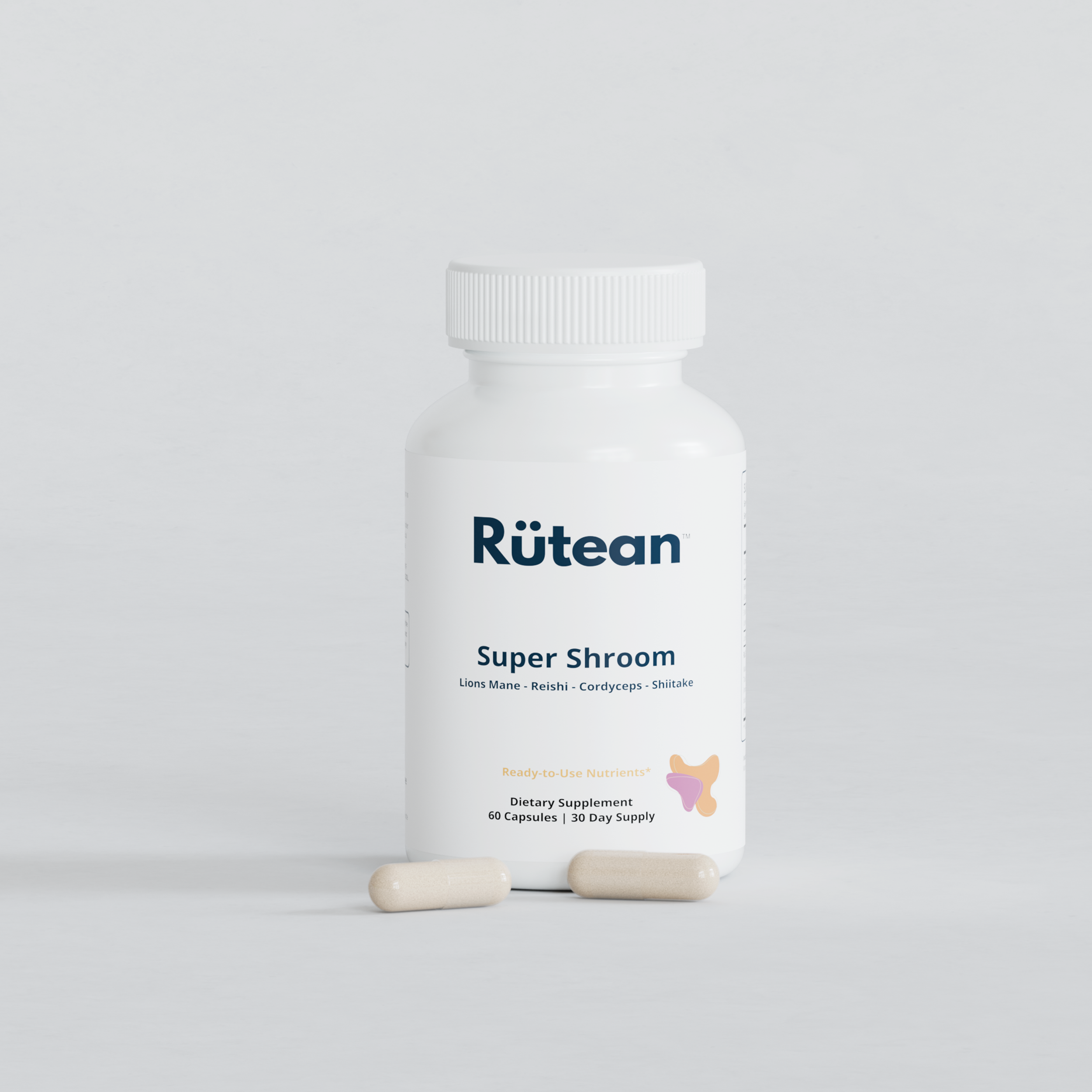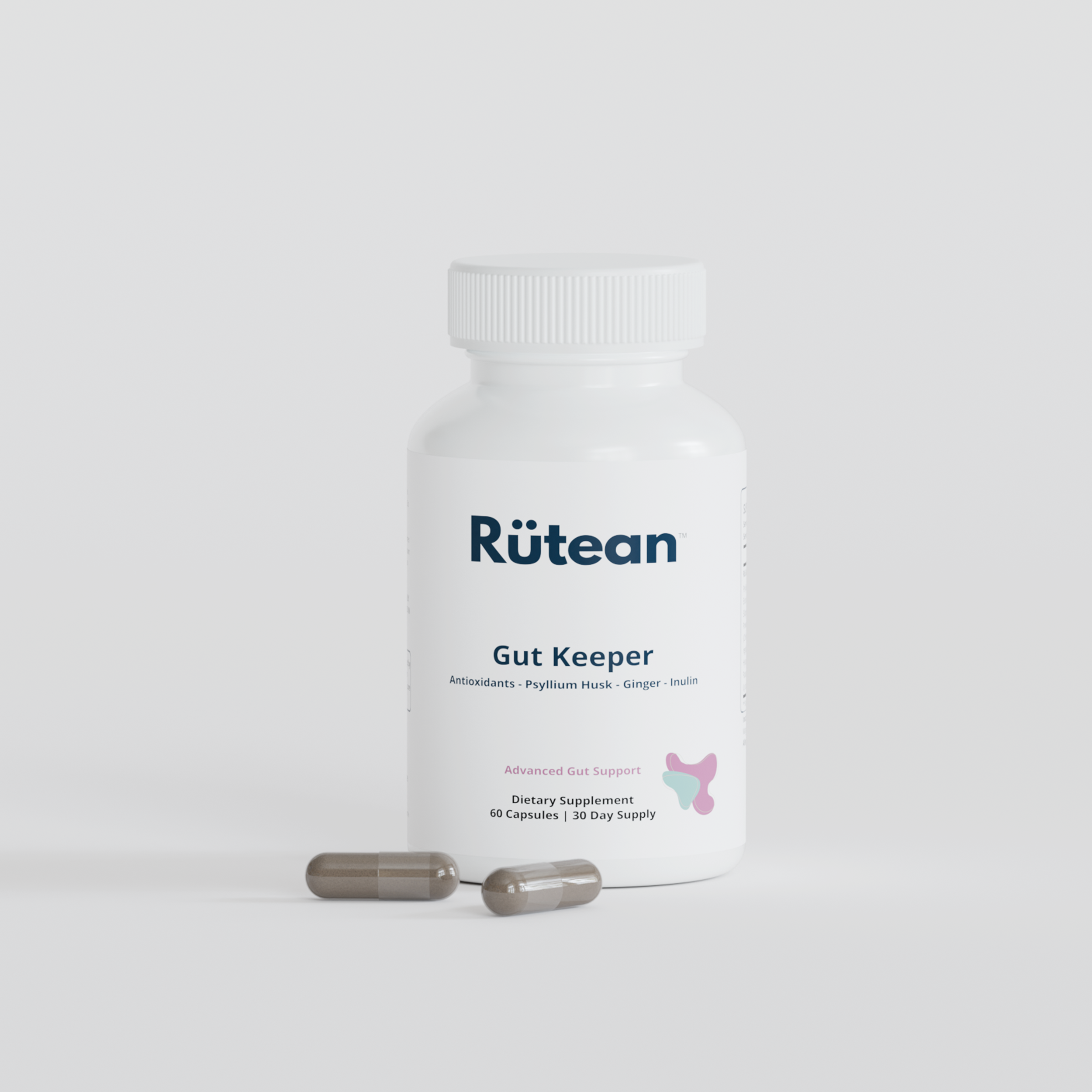For those dedicated to fitness and strength training, it's no secret that the journey to a healthier, stronger body extends beyond the confines of the gym. What happens outside—your recovery period and nutritional intake—is equally crucial as your active workout sessions. That's where optimal supplementation comes into play, assisting recovery and elevating performance. Amid the sea of available supplements, B Complex and Magnesium Glycinate often emerge as vital players.
Unleashing the Power of B Complex
Often termed as B Complex, B vitamins comprise eight essential vitamins that are indispensable for promoting overall well-being and maintaining optimal health. They directly influence your energy levels, cognitive function, and cell metabolism[1].
In the world of fitness, B vitamins take on an even more critical role. They facilitate the conversion of dietary nutrients into usable energy, equipping you with more fuel for your workouts[2]. Vitamins B6 and B12, in particular, are key to protein metabolism and the formation of red blood cells[3]. These processes are fundamental for post-workout muscle recovery. Thus, supplementing with B Complex can not only enhance your performance during the workout but also foster recovery after exercise.
Magnesium Glycinate: Aiding Muscle Recovery and Beyond
Magnesium, an essential mineral, is implicated in over 300 enzymatic reactions in the human body, playing a vital role in nerve transmission, muscle contraction, blood coagulation, energy production, nutrient metabolism, and bone and cell formation[4][5][6]. In the context of fitness, magnesium is integral to muscle function, performance, and recovery[7]. A deficiency in this key mineral could hinder exercise performance and heighten the oxidative stress induced by an intense workout.
Among the various forms of magnesium, Magnesium Glycinate stands out owing to its high bioavailability and mild effect on the stomach.This form of magnesium is bound with glycine, a soothing amino acid that further helps promote sleep quality[8], a pivotal aspect of recovery.
Conclusion
Supplements like B Complex and Magnesium Glycinate can significantly elevate your fitness results by boosting energy levels, aiding muscle recovery, and optimizing workout performance. Don't solely depend on your training—fuel your body with what it needs to perform better and recover quicker.
References
1- Kennedy DO. B Vitamins and the Brain: Mechanisms, Dose and Efficacy—A Review. Nutrients. 2016;8(2):68
2- Woolf K, Manore MM. B-vitamins and exercise: does exercise alter requirements?. International Journal of Sport Nutrition and Exercise Metabolism. 2006;16(5):453-484
3- Zempleni J, Suttie JW, Gregory JF, Stover PJ. Handbook of Vitamins, Fifth Edition. CRC Press, 2013
4- Volpe SL. Magnesium in disease prevention and overall health. Advances in Nutrition. 2013;4(3):378S-383S
5- Castiglioni S, Cazzaniga A, Albisetti W, Maier JAM. Magnesium and osteoporosis: current state of knowledge and future research directions. Nutrients. 2013;5(8):3022-3033
6- DiNicolantonio JJ, O'Keefe JH, Wilson W. Subclinical magnesium deficiency: a principal driver of cardiovascular disease and a public health crisis. Open Heart. 2018;5(1):e000668
7- Zhang Y, Xun P, Wang R, Mao L, He K. Can magnesium enhance exercise performance? Nutrients. 2017;9(9):946
8- Cao Y, Zhen S, Taylor AW, Appleton S, Atlantis E, Shi Z. Magnesium Intake and Sleep Disorder Symptoms: Findings from the Jiangsu Nutrition Study of Chinese Adults at Five-Year Follow-Up. Nutrients. 2018;10(10):1354



